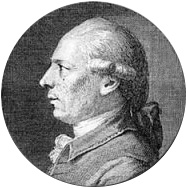
The Philidor position (or Philidor's position) is a chess endgame involving a drawing technique for the defending side in the rook and pawn versus rook endgame. This technique is known as the third-rank defense due to the positioning of the defending rook. It was analyzed by François-André Danican Philidor in 1777. Many rook and pawn versus rook endgames reach either the drawn Philidor position or the winning Lucena position. The defending side should try to reach the Philidor position; the attacking side should try to reach the Lucena position. Said grandmaster Jesús de la Villa, "[The Lucena and Philidor positions] are the most important positions in this type of endgame [...] and in endgame theory."[1]
- ^ (de la Villa 2008:125)